Retro Replay Review
Gameplay
The core of Lunar Lander’s gameplay is divided into three distinct stages—Lift-off, Landing, and Exploration—each demanding a unique set of skills and strategies. During the Lift-off phase, you must juggle your shuttle’s orientation and fuel consumption by following on-screen guidance arrows and carefully adjusting the compressor level. Too little compressor pressure will stall your ascent, but too much will burn through your finite fuel reserves. This balancing act creates a tense, resource-management mini-game right from the start.
(HEY YOU!! We hope you enjoy! We try not to run ads. So basically, this is a very expensive hobby running this site. Please consider joining us for updates, forums, and more. Network w/ us to make some cash or friends while retro gaming, and you can win some free retro games for posting. Okay, carry on 👍)
Once you break free of Earth’s gravity, the game shifts into its classic Landing stage, evoking the early eighties Lander titles. You choose one of eight lunar landing zones, each with its own crater network and difficulty rating. Rather than simple directional thrusters, you must rotate your lander and fire a single main engine to adjust your trajectory. The precision required to navigate jade-hued caverns and avoid whizzing meteorites makes for a satisfying and unforgiving descent.
After setting down safely, you enter the Exploration stage as an astronaut armed with a metal detector. Here, you’ll seek out five different metal ores under the threat of dwindling air supply and patrolling lunar robots. The detector’s varying beep patterns guide you toward valuable resources, while false positives—like flower patches—offer precious air replenishment. Each moment on the moon’s surface is a race against time and hostile automata, blending puzzle-solving with survival mechanics.
Progression in Lunar Lander ties these three stages together in a loop that grows more complex with each of the eight landing zones. Fuel capacities shrink, terrains become more labyrinthine, and robots grow more aggressive. This escalating difficulty curve rewards careful planning and precision, making every successful mission feel like a hard-earned victory.
Graphics
Lunar Lander sports a retro-inspired aesthetic that pays homage to its arcade predecessors while offering enough modern polish to keep players engaged. The exterior views during Lift-off feature a dynamic sky gradient and a responsive HUD with crisp arrow indicators. Fuel gauges and compressor meters are color-coded for instant readability, helping you make split-second decisions.
On the lunar surface, the crater walls and landing pads are rendered in blocky yet detailed textures that evoke early 16-bit consoles. The contrasting hues of rock strata and the soft glow of landing pad lights help guide your eye through the darkness. Procedural lighting effects—like engine flares and detector beeps—add atmosphere without overwhelming the retro charm.
The Exploration phase introduces small but effective visual flourishes: glinting mineral veins, fluttering flower petals, and patrolling robots whose blinking sensors cast moving shadows. While the graphical fidelity isn’t cutting-edge, the art style remains consistent and immersive, striking a balance between nostalgia and clarity. Whether you’re lining up a perfect touchdown or zeroing in on that elusive ore vein, Lunar Lander’s visuals always serve the gameplay.
Story
Lunar Lander doesn’t lean heavily on a narrative, choosing instead to let its gameplay stages tell the story of a daring space mission. You assume the role of a lone astronaut tasked with establishing a foothold on the moon, and each stage reveals another chapter of that journey. From the thunderous roar of your rockets at Lift-off to the eerie silence of the lunar caverns, you experience the mission’s highs and lows firsthand.
Subtle world-building details fill the gaps: mission briefs before each launch hint at corporate sponsors, and scanner logs discovered during Exploration shed light on past expeditions. These elements add texture without bogging down the pace, letting you piece together the broader narrative at your own pace. The result is a minimalist story that complements rather than overshadows the gameplay.
The cyclical progression—from earthbound liftoff to subterranean cave exploration—reinforces the feeling of being a small part of a greater space initiative. Each successful mission nudges the story forward, with radio chatter and mission stats serving as breadcrumbs. While those seeking a deep, character-driven plot might find it sparse, fans of gameplay-first narratives will appreciate the streamlined approach.
Overall Experience
Lunar Lander shines as a focused, mechanically rich experience that balances tension and reward. The three-stage structure ensures variety, preventing the gameplay from feeling repetitive. Each phase introduces fresh challenges, from fuel management to precision piloting to resource scavenging under threat of air depletion.
The difficulty curve is steep but fair. Early struggles with fuel balancing or precise landings give way to mastery as you learn each stage’s nuances. The lack of mid-mission checkpoints adds to the stakes, but the quick restart option ensures frustration doesn’t linger. Completing all eight zones offers a satisfying campaign length, with the option to replay for higher scores and faster completion times.
Ultimately, Lunar Lander caters to players who enjoy skill-based challenges wrapped in a retro-futuristic package. Its straightforward presentation and crisp controls make it accessible, while the layered difficulty keeps experts engaged. If you’re looking for a game that merges arcade nostalgia with methodical strategy, Lunar Lander delivers an experience that’s both challenging and rewarding.
 Retro Replay Retro Replay gaming reviews, news, emulation, geek stuff and more!
Retro Replay Retro Replay gaming reviews, news, emulation, geek stuff and more!
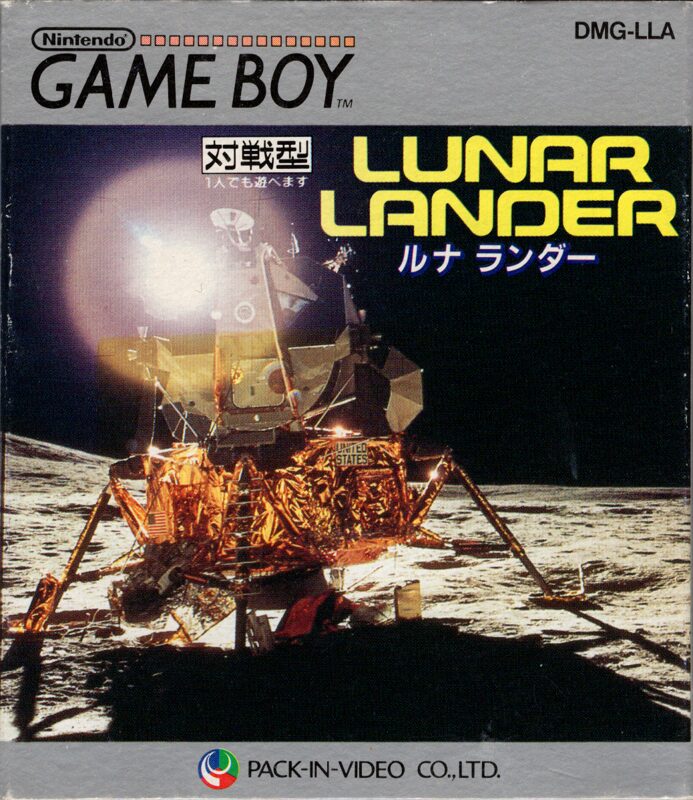

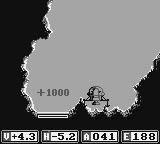
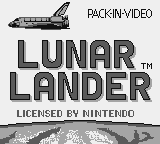
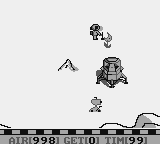
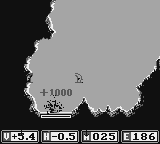



Reviews
There are no reviews yet.